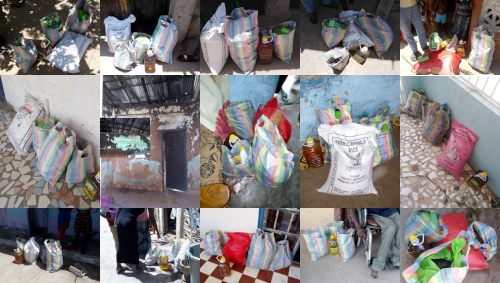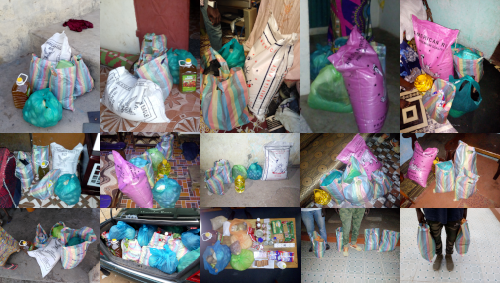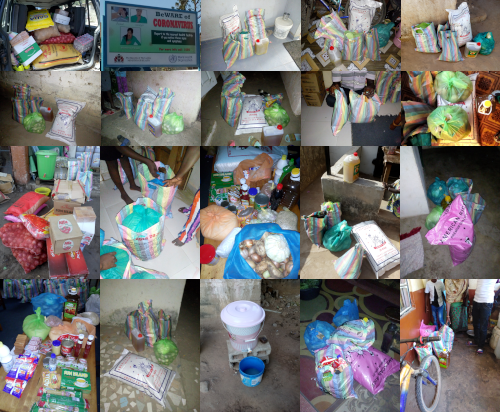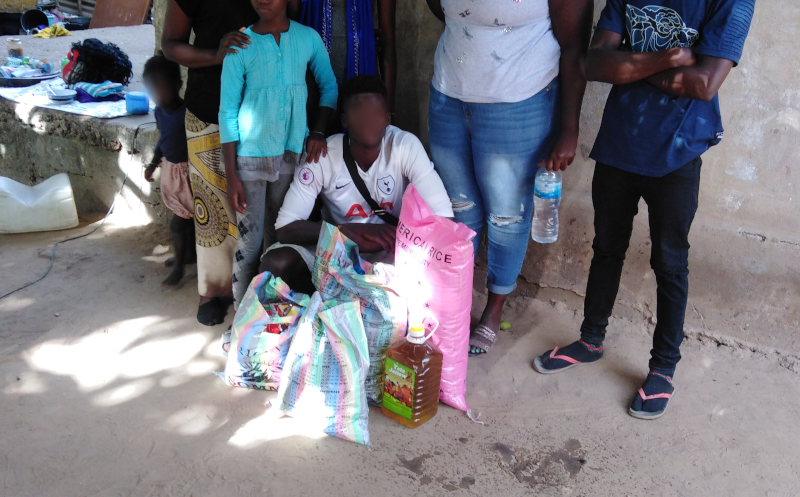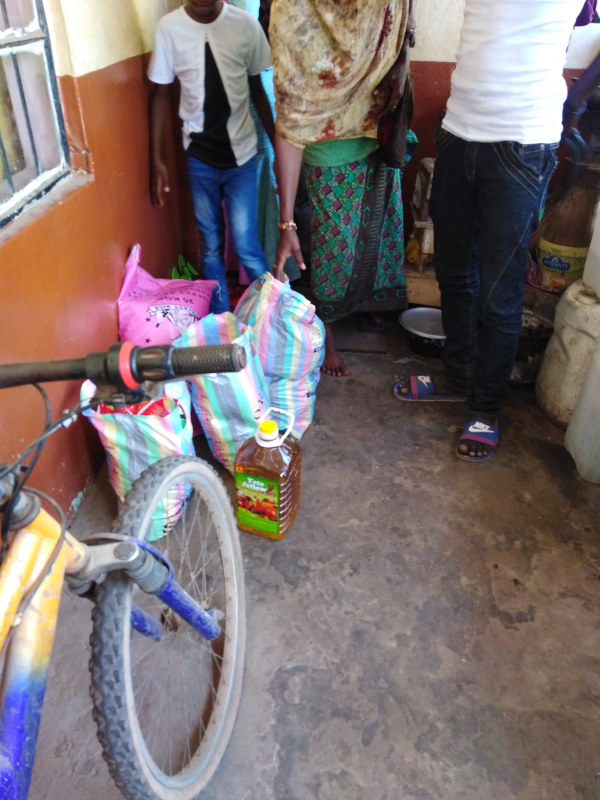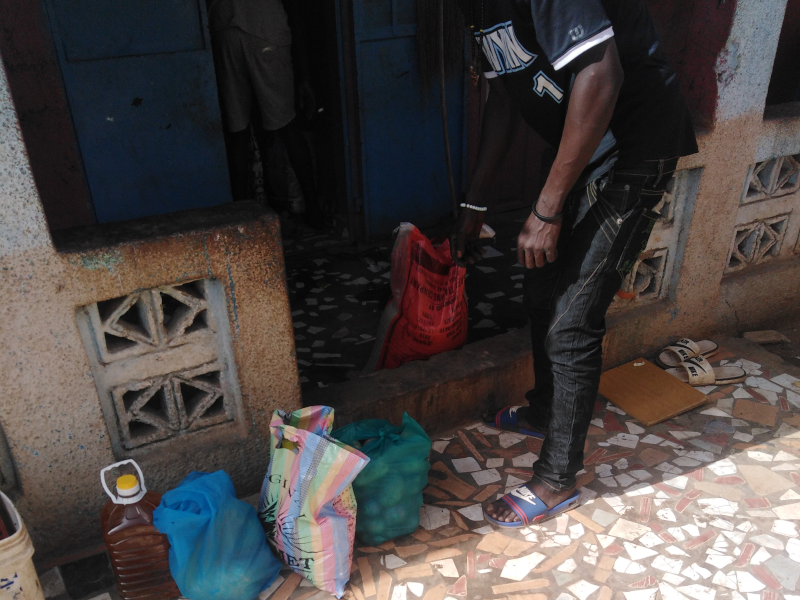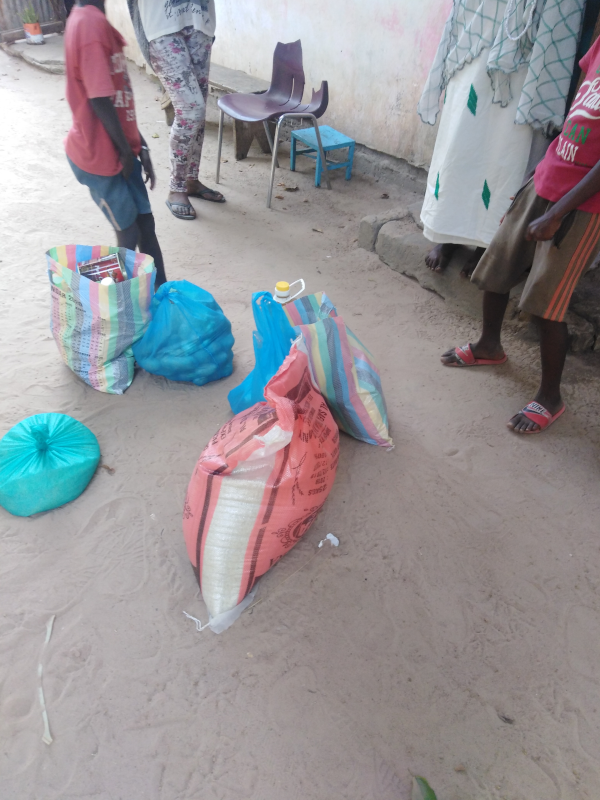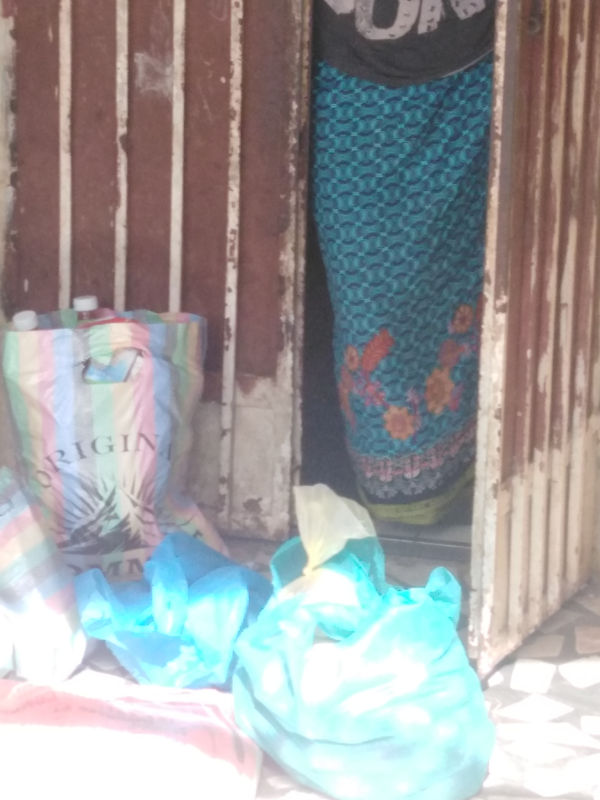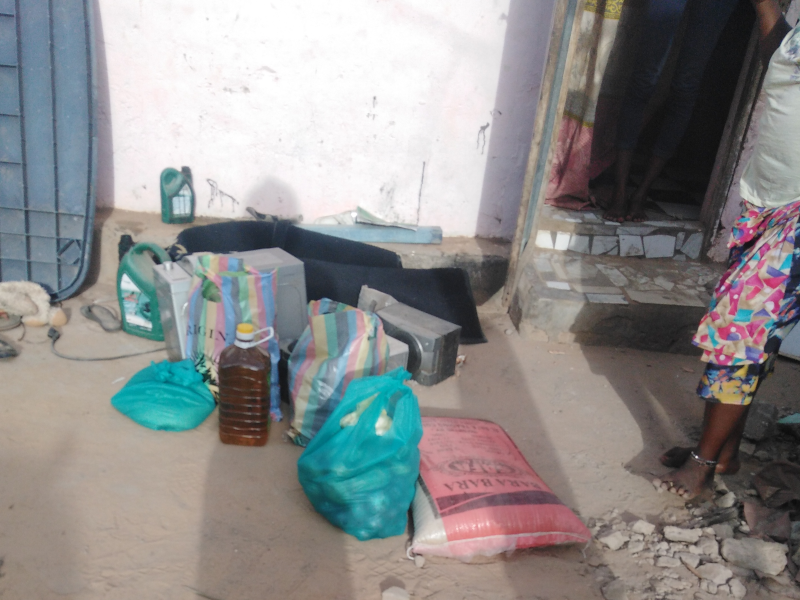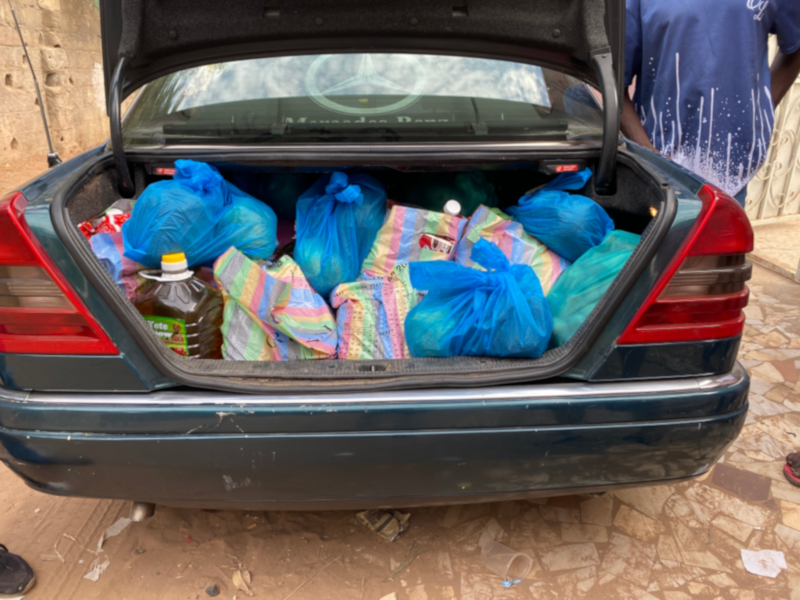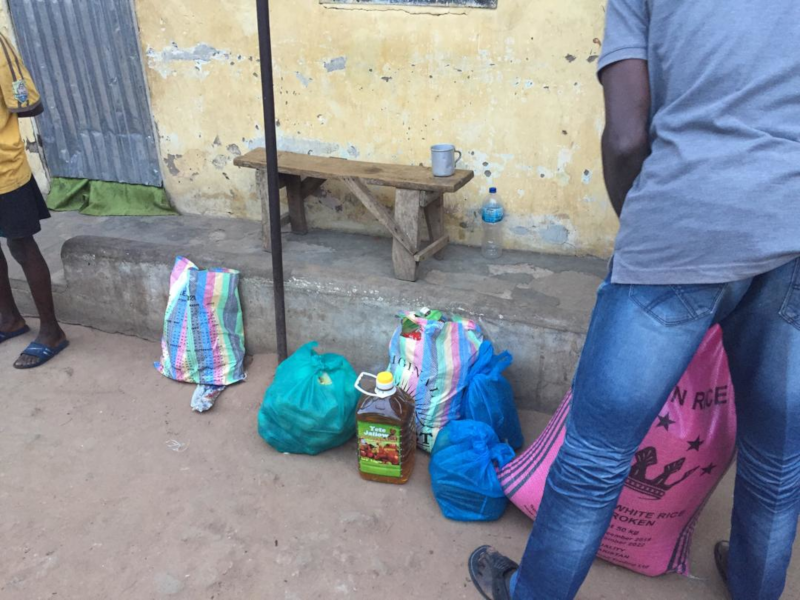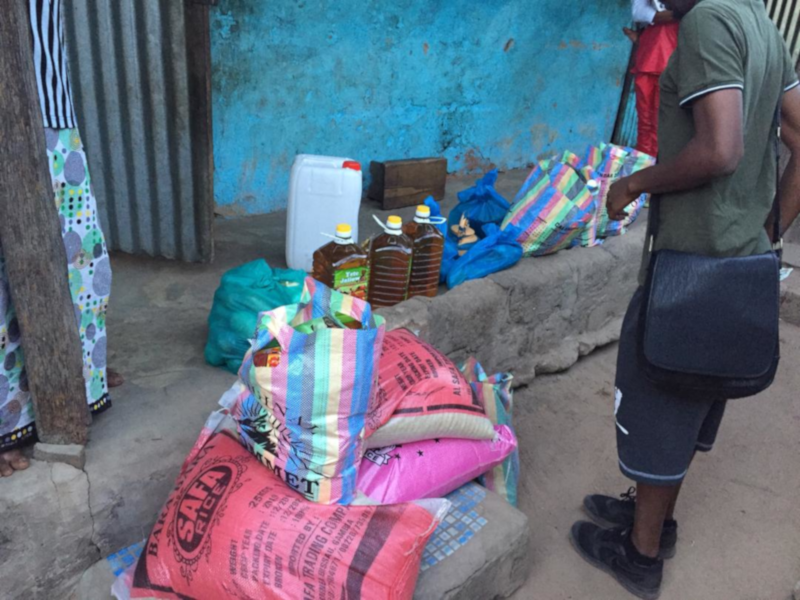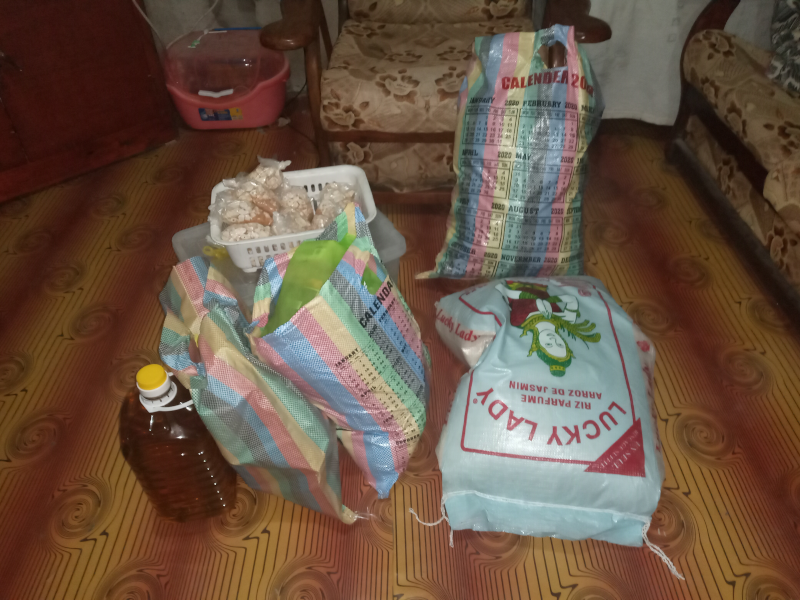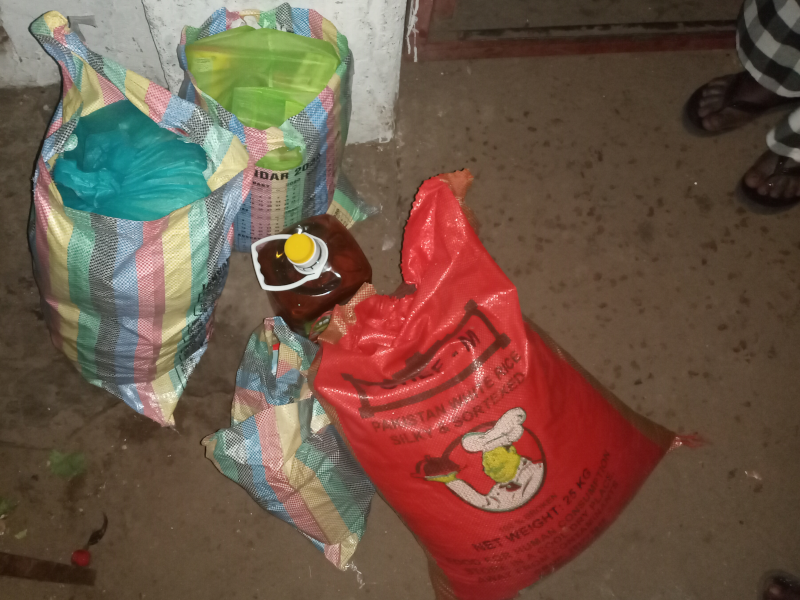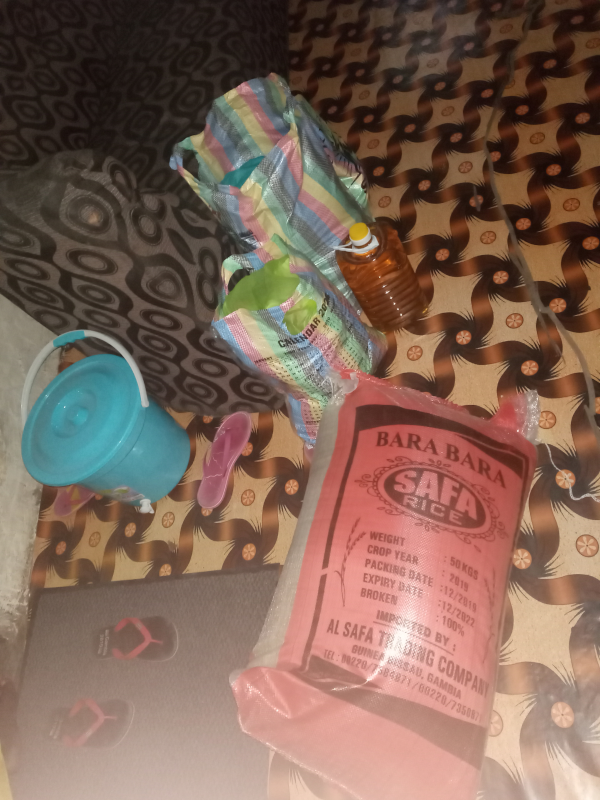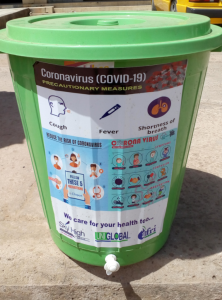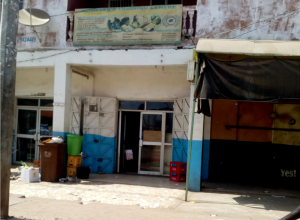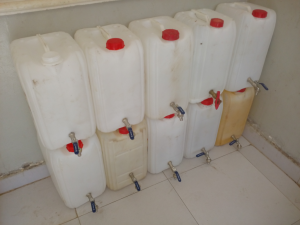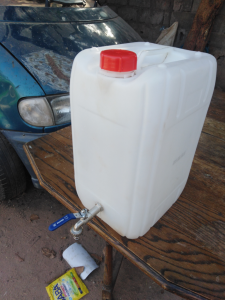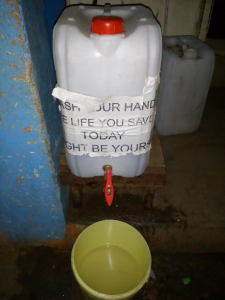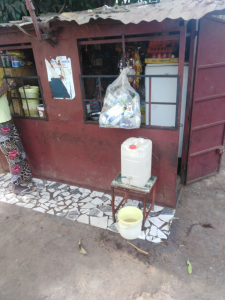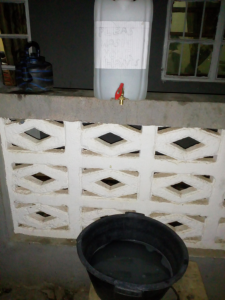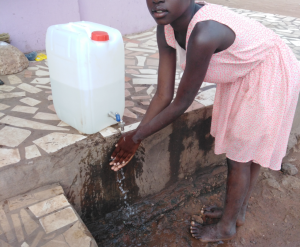16. August 2020 – It was a question of time until the local transmission will start in The Gambia. During July 2020, more and more cases of Covid-19 were reported. While end of June a total number of 49 Covid-19 cases were detected, in the following 6 weeks the official cases were multiplied by more then 30 times. How did the situation get out of control?
The start of local transmission
Let’s have a look to the Covid-19 situation reports provided by the ministry of health:
The report from 4th & 5th of July 2020 informed about the dead of a health worker. He was working in the Polyclinic in Banjul. Till now sporadic – mostly “imported” – cases of Covid 19 were registered in Gambia, but from now on, new cases were detected on a daily basis. That the local transmission started was clear at the latest, when the situation report from 9th to 15th July 2020 confirmed 14 new cases occurred over a 7-day span, bringing the total number of Covid-19 cases in Gambia to 78. Out of this 14 new infections 11 were locally transmitted, among them 8 healthcare workers at the Edward Francis Small Teaching Hospital (EFSTH) in Banjul. Nearly one month later, on 13th August, Gambia counts 1689 confirmed cases and 54 deaths. The government write about the “Existence of pervasive community transmission of Covid-19 in the country, especially in Western 1 and 2 Health Regions”.
Failed policies – the way it won’t work
About four months of lockdown made the people tired. After the first case of Covid-19 was detected in Gambia in March 2020, people seemed to take it seriously. In many places people found the possibility to wash their hands with soap and water, all shools were closed, movement was restricted, “non-essential” businesses were shut down; like restaurants, bars, video-clubs, beaches, gyms and many more. The restrictions changed from time to time, like the order to reduce the passengers in public vehicles, the opening of places of warship, or the mandatory use of face masks amongst others.
Besides that, the government said it would help the people in need. But as the water runs down the river Gambia, the promises disappeared like letters in the sand during high tide. The hand-washing facilities, which were numerous around the markets and shops in the Greater Banjul Area, disappeared too. The people were not able to adjust to preventive measures. As far it is difficult for people to have the necesarry access to water and soap, it is hard for them to wash their hands. But that people cannot stop shaking hands, this is different and let us say it arises from pure irrationality.
The government negligence is a chase after an illusion: Can a country be saved by closed borders – from a virus, which knows no borders? Whoever can see the discrepancy in it, will understand that we are dealing with a global pandemic, which hits almost every place on earth more or less. We hear about rising numbers in America, and that in Europe the situation is improving, while people there are fearing a “second wave”.
Dealing with a global pandemic
When people in Gambia are scared that the virus could have been brought in by travelers from abroad, why can’t they see that it is all around? All around the world as well as all around West-Africa, the virus is spreading. The governments are taking different measures to deal with the problem. Mostly it break unprepared countries and health systems, with different consequences.
In Gambia, the government and its health authorities had four months to prepare the infrastructure for the start of local transmission. It had four months to equip health care workers with personal protection equipment. The government had four months time to lead through required testing. And it had four months to provide the people with essential information about the dangers of a fast rise of infections and communicate the necessity of preventive measures to reduce harm for the society, especially for vulnerable people. At this point we have to make it clear:
The government failed. It made the people believe that the virus will not reach the country – while it was already here. Now it is the government itself, beside many others, which met up with the virus. The infected ministers and celebrities will get the best treatment, for them it is not a problem to isolate themselves in their posh houses, while many people cannot sleep – hit by rain through porous roofs and hearing the outcries of a hungry belly.
The government was not listening to the needs of the people. The government was not taking the preparation of the health system seriously as required. A further spread of the virus could collapse the country’s fragile health care system. Many health care workers, doctors and nurses, laboratorians and further staff are infected and quarantined during this critical phase. Did they have the necessary personal protection equipment? The answer is: no!
Back into the past
“Let us be honest and frank to each other! Everybody in this country, unless you want to bypass the truth, but the rise in cases in the country is caused by government negligence.”
This opinion published by Gambiana on July 29, 2020, is complaining the opening of the airspace and the temporal suspension of “the state of public emergency at a time Gambia needs stringent lockdown”. Let’s ask: is 4 months of lockdown without noticed local transmission oversized?
At the time, when the local transmission was detected, many people were tired of the so called “state of emergency”. It was long time, to lift the regulations, as the parliament identified and decided not to agree with the continuation of the lockdown. The president, empowered by the 1997 constitution, fall back on to this relict of 22 years dictatorship – and extended the shutdown by the conferred constitutional powers. Never again? Like the soldiers which are employed to enforce the nightly curfew?
“The police have launched an operation dubbed Operation Safe our Soul to curtail the further spread of covid-19 in the Gambia. The operation involves the enforcement of all regulations formulated by the Gambia Government to curb the spread of the Coronavirus in the country.”
Reports of police harassment are making their rounds, and this is no wonder, until now the police is still not accepting people’s and humans rights as well as people’s lives. Beatings, stealing of money, torture, entering peoples houses by force, … all this is still happening. And the government, which should be aware of that, is giving their security forces more power to disturb people.
“The Anti-Crime should not come to our homes. The police found my son sitting at our compound square browsing with his phone and they chased him inside our house. They wanted to take him, but his brother who is also a security personnel intervened and he was released”, a resident of Sukuta told Foroyaa.
The wrong direction
“Mismanagement of funds and slow response to the outbreak will put The Gambia in a high risk of medical crisis where many could lose their lives.” Corona, The Gambia and the Millions. Report by Gambia Participate, May 2020.
While corruption is increasing and millions and millions disappear, people are harassed and hunted by security forces. Many people caught by police were presented in the media, which is a violation of peoples privacy and personal rights. Further more, security forces are not respecting physical distance of the detainees; pictures in the media show police officers during their operations without wearing a face mask. Police forces executing a law, without respecting it by themselves.
On the 6th of August, a night curfew from 10pm to 5am get into effect for 21 days. In the first 3 nights of the curfew, more then 200 people were arrested. This could lead to a fine of D5,000 or in default to serve one year imprisonment with hard labour! Something seems to be headed in the wrong direction.
To be aware
The world is not dealing with a security issue, not dealing with a war. We are dealing with the pandemic spread of the novel coronavirus. The world is dealing with health care issues. The world needs collective response – to slow down the spread of Covid-19.
People cannot sit at home while dying of hunger, they need a way to survive. What can the government, as servants of the people, offer them? Rice, oil and sugar – in case it reach the beneficiaries – cannot satisfy all the essential needs. But when promises are never settled, how can the people take dummy instructions serious?
In our opinion, collective response means not forcing people to bear misery. A collective response needs first of all solidarity. The people need the possibilities to participate in preventive measures. The people need to cooperate and stand together in the fight against Corona.
It is easy to say. But how can this be put into effect – with consent or force?
__________________
Further Readings:
- Covid 19: Gambia’s health system on the brink of collapse — an investigation published by Malagen on August 13, 2020
- Corona, The Gambia and the Millions. Tracking funds for Covid-19 crisis in The Gambia, Report by Gambia Participate, May 2020
- People Urged To Report Alleged Violations by the Anti-Crime Unit, published by Foroyaa on August 11, 2020
- The Untold Stories of Street Boys during the Pandemic, published by Foroyaa, August 17, 2020
- COVID 19 Pandemic: The Gambia On The Brink?, published by The Point, August 17, 2020
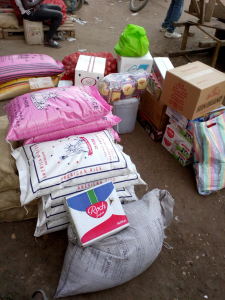
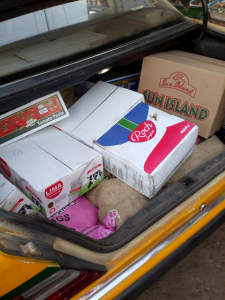
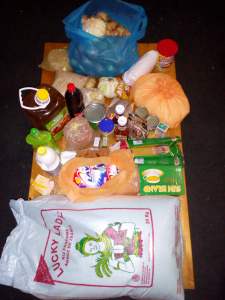
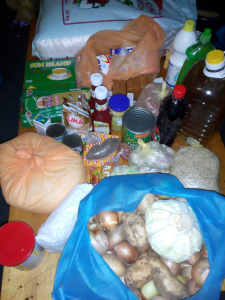
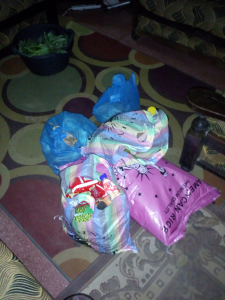
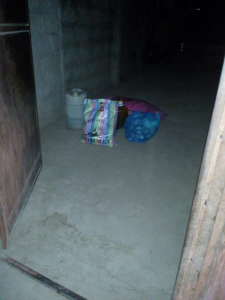
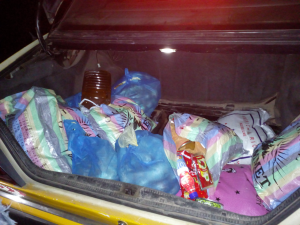
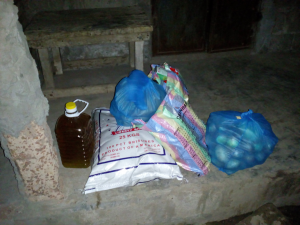
 The COVID-19 pandemic caused by the novel Coronavirus is showing that nobody is safe from getting infected. It doesn’t matter if you’re are black or white, if you’re are poor or rich, if you’re are healthy or sick, the virus can catch anyone, anywhere. In about 3 to 4 months, the Coronavirus has spread all over the world, affecting almost every country and region. This virus knows no borders.
The COVID-19 pandemic caused by the novel Coronavirus is showing that nobody is safe from getting infected. It doesn’t matter if you’re are black or white, if you’re are poor or rich, if you’re are healthy or sick, the virus can catch anyone, anywhere. In about 3 to 4 months, the Coronavirus has spread all over the world, affecting almost every country and region. This virus knows no borders.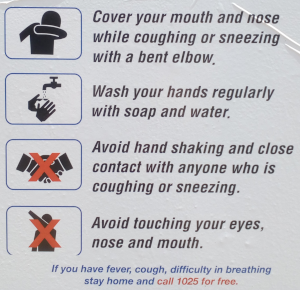 The collapse of healthcare systems will first effect the most vulnerable groups. Newborn, young children, elderly or people who are already struggling with other medical conditions, like hypertension,
The collapse of healthcare systems will first effect the most vulnerable groups. Newborn, young children, elderly or people who are already struggling with other medical conditions, like hypertension,  If somebody catches the virus or not, everyone will be affected more or less by the outgrowth of the global pandemic. The people have to take this pandemic seriously. To do so implies first to practice preventive measures. As far as everybody can’t stay at home, sanitation and basic physical distancing (also called “social distancing”) can be practiced by everyone. If do so, we can protect ourselves and others by stopping the spread of the virus.
If somebody catches the virus or not, everyone will be affected more or less by the outgrowth of the global pandemic. The people have to take this pandemic seriously. To do so implies first to practice preventive measures. As far as everybody can’t stay at home, sanitation and basic physical distancing (also called “social distancing”) can be practiced by everyone. If do so, we can protect ourselves and others by stopping the spread of the virus.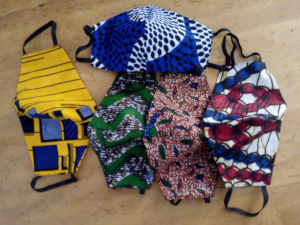 The Gambia has
The Gambia has 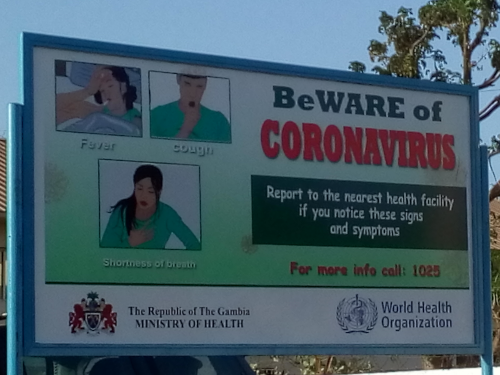
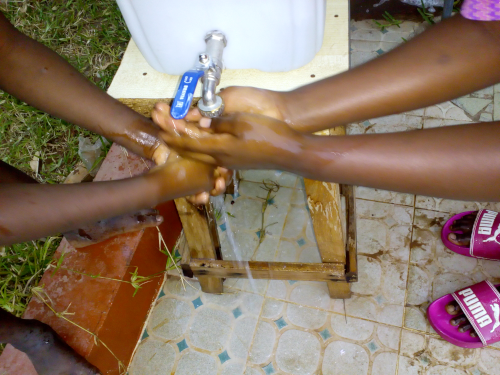
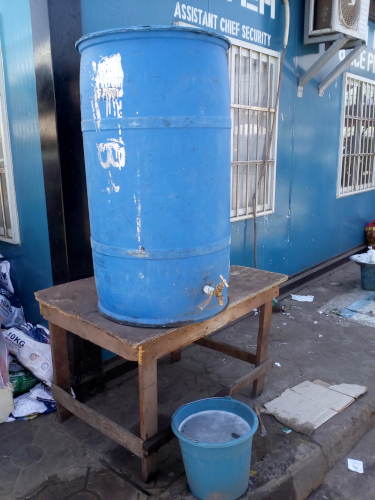
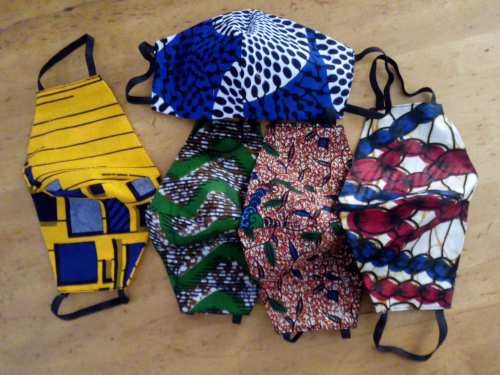

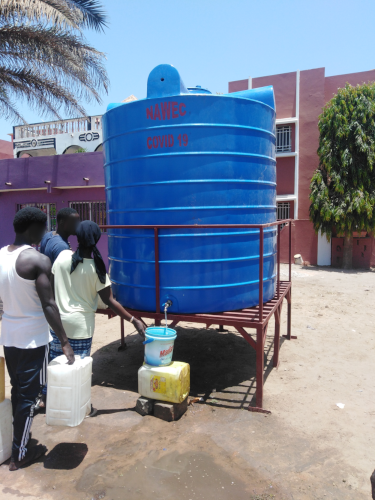


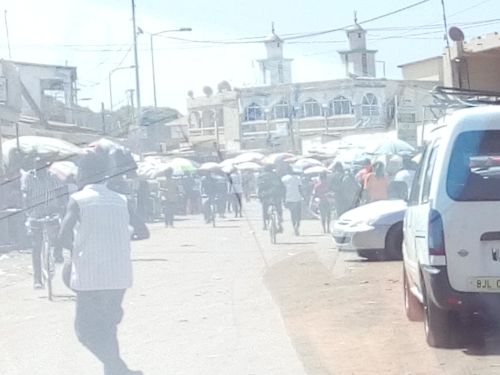

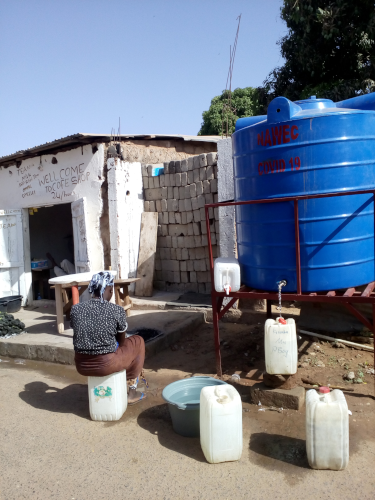

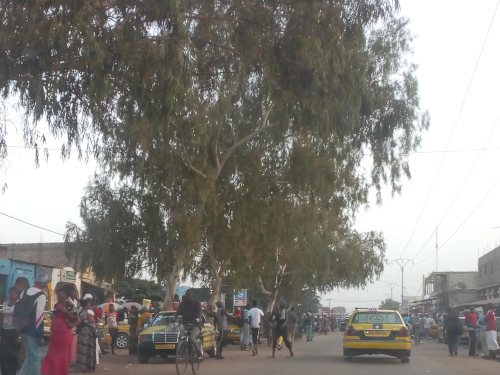



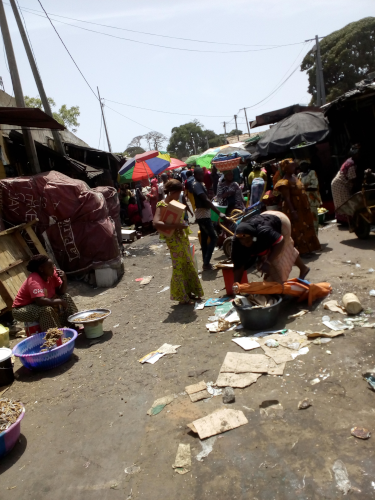
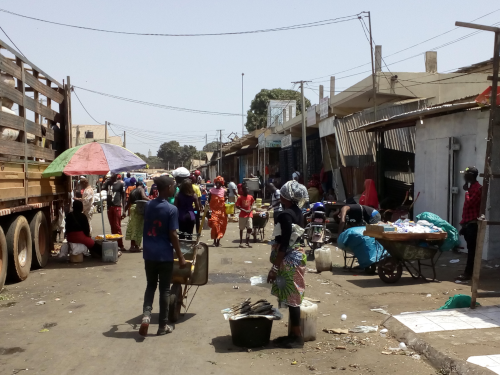
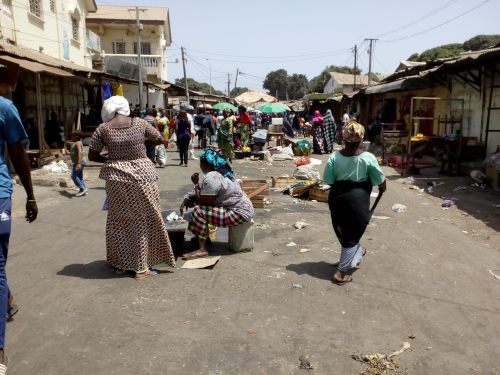
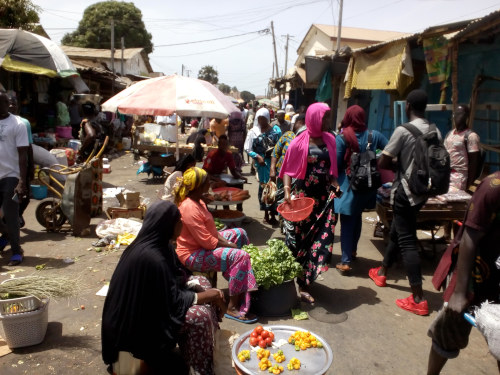
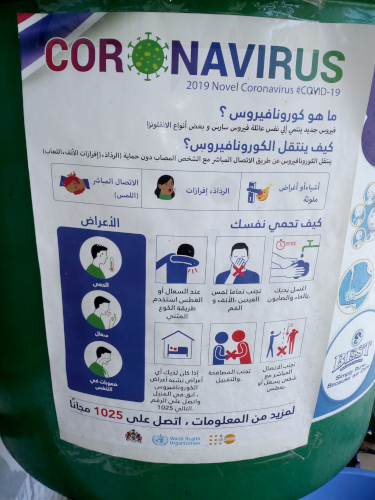

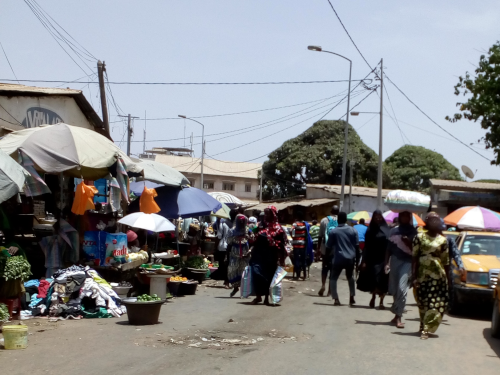

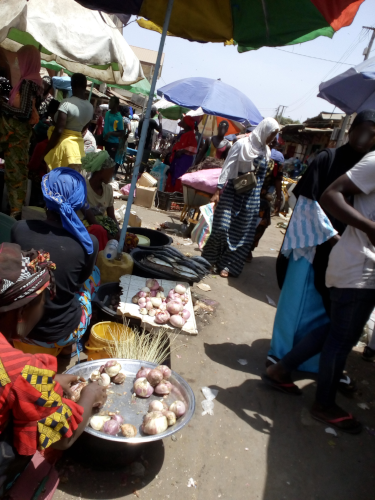
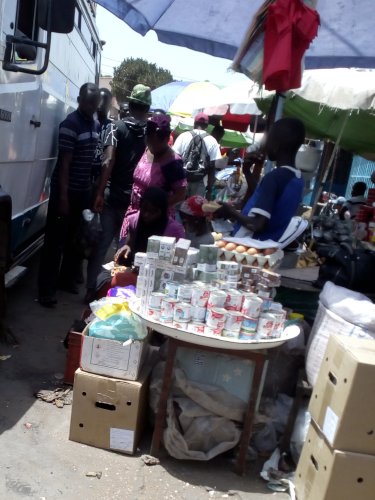
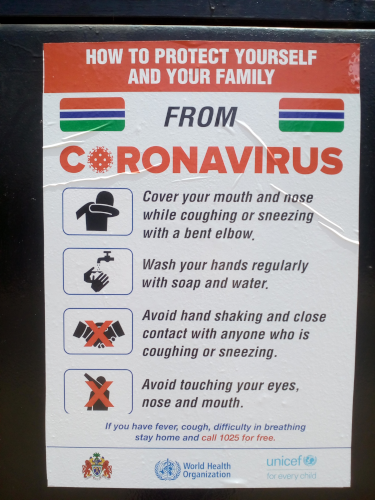


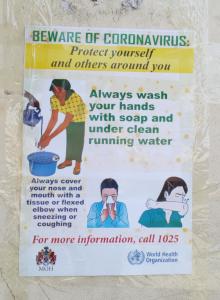 “encourage everyone to practice the key preventive measures
“encourage everyone to practice the key preventive measures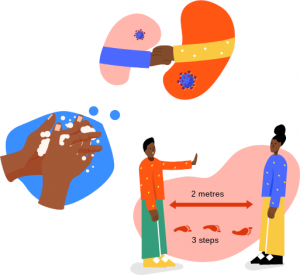 Beside that it is advised to keep physical distancing by avoiding crowds as much as possible. People should stay at home if possible and they should as well stay away from each other, especially if they are not living in the same household. This can help to stop the spread of the virus.
Beside that it is advised to keep physical distancing by avoiding crowds as much as possible. People should stay at home if possible and they should as well stay away from each other, especially if they are not living in the same household. This can help to stop the spread of the virus.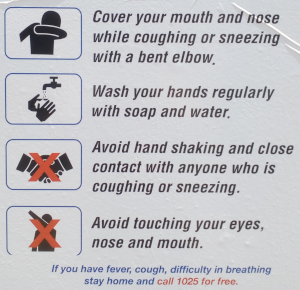
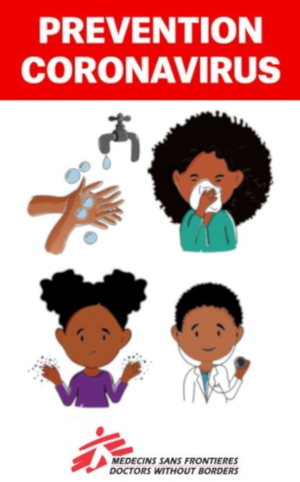
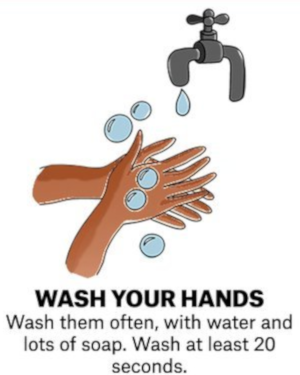
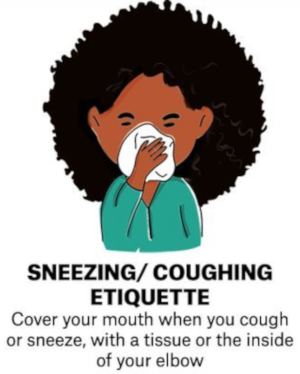


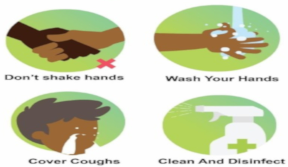
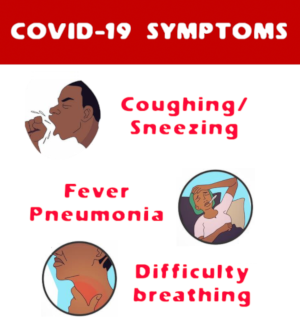
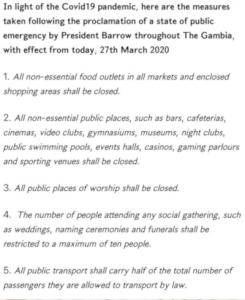 Until 22nd March two more persons tested positive. One of them died on the way to the hospital on 20th March. On 27th of March a state of public emergency was declared by President Barrow throughout The Gambia.
Until 22nd March two more persons tested positive. One of them died on the way to the hospital on 20th March. On 27th of March a state of public emergency was declared by President Barrow throughout The Gambia.